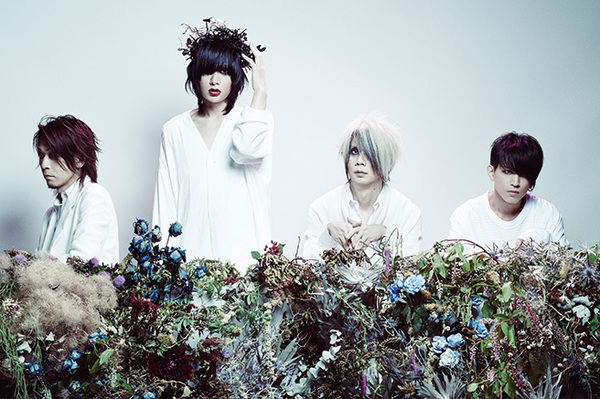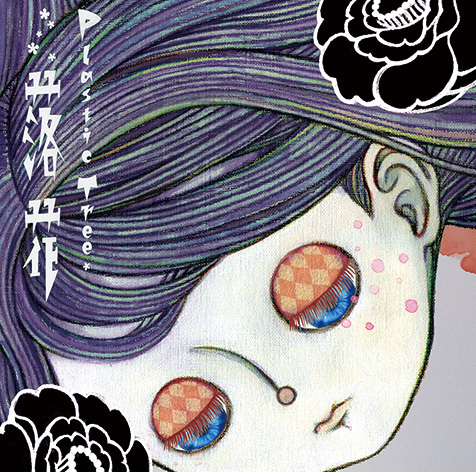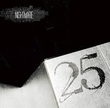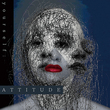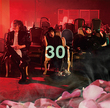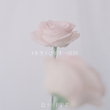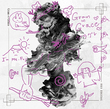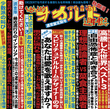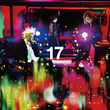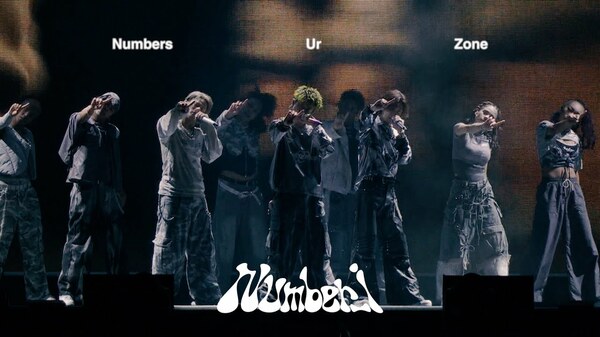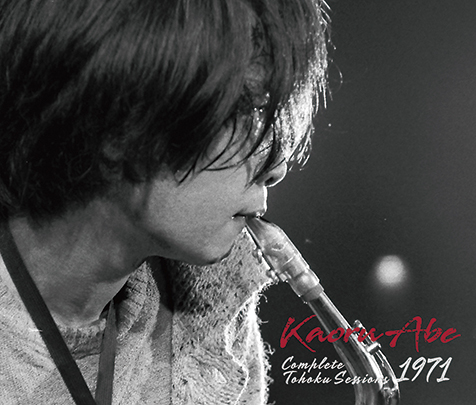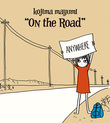Plastic Tree “Rakka (meaning Flower Shedding)”
Interview & text by: Mayumi Tsuchida
So to speak, this is a positive version of ‘shogyomujo’ (Buddhist concept that everything is in constant flux). A summer song of their own kind from Plastic Tree, who passively observes the daily shifting of life
On “Mime,” the signature jumping riffs made us want to bounce, while on “Slow,” the passage of time reincarnates in ambient instability, and here’s their new single “Rakka.” Plastic Tree has been offering very different directions every time they release a single. So, what about this time?
“‘Mime’ was kind of electro, and ‘Slow’ was a ballad. Each of those singles represented a different aspect of our band, so this time I wanted something in between, like a song simply played in a classic rock style. Since the release was scheduled for the summer, I went into composing, thinking ‘What kind of rock would be a feel-good song for summer?’ Then I thought maybe people want to listen to music without thinking too much in summer, so something that appeals to them in a direct way would be best. Plus, I wanted to add some Japanese atmosphere to the music. For example, yukata (Japanese summer kimonos) or fireworks. I may have had that kind of image in mind, automatically.” (Tadashi Hasegawa, bassist)
“Rakka” – which, in other words, came out as ‘Hasegawa-style summer rock’ – turned out to be a melodious tune with a hint of elegance, on which gloom-laden, sprinting rock band sounds and Japanese-tinged melos intertwine. The lyrics were written by vocalist Ryutaro Arimura. He used archaic expressions with some of the lyrics, such as “Flowers bloom in vain and fall” or “Thus this kind of folly shall have a meaning,” where we can see that he was clearly inspired by the
“The music had a pleasant note, so I wanted to create the lyrics that way too. Although, I did have a methodological theme of bringing a feature of Japanese melodies into the lyrics. As I was thinking to myself ‘Well, what am I writing?’, and at the time I was writing outdoors around dawn, it came to me that ‘Maybe I can write about the situation that I’m in right now (laughs).’ So, I started to write casually, and was able to write as much as half of the song in one go. Given that, I decided to go with the lyrics that explain my current situation and emotion, hoping they would lead to the chorus part nicely.” (Arimura)
We can tell that the song was written in a relaxed mood from the first line ‘A sense of emptiness, which is just right. I made a song out of it, like this.’ What’s depicted here is, so to speak, ‘a positive version of shogyomujo,’ which Arimura has mentioned over and over.
“I think I’ve been writing basically the same things. This time isn’t any different. I just wrote what I wanted to say, and the emotion that I wanted to bring into the song. After a while, I was thinking to myself, ‘Why did I choose these lyrics?’ and realized, ‘Well, it seems like this is what I’ve been doing all the time (laughs).’ I just ended up feeling in a way like ‘My life is just like this, repeating things day by day, but I hope I have another good day (laughs).’ We’re not singing about anything negative. This is rather a positive song, on which we passively observe things change day by day.” (Arimura)
The single comes in four different forms, and the common coupling track is “Kansho Diary (meaning Sentimental Diary)”, created by the combination of guitarist Akira Nakayama and drummer Kenken Sato. This groovy, edgy and accelerating number brings us to the clip from the men-only concert [Boys Don’t Cry] which was held in May. According to Hasegawa, “There was a peculiar sense of unity, so much so that it made everyone look adorable (laughs).” The structure of moving forward without stalling helps them tell their fans about their approach to the band.
“We aren’t concerned about keeping balance. The songs we play at concert are mostly upper tunes, so we end up with an air even more lively. I think this kind of single is rare.” (Arimura)

